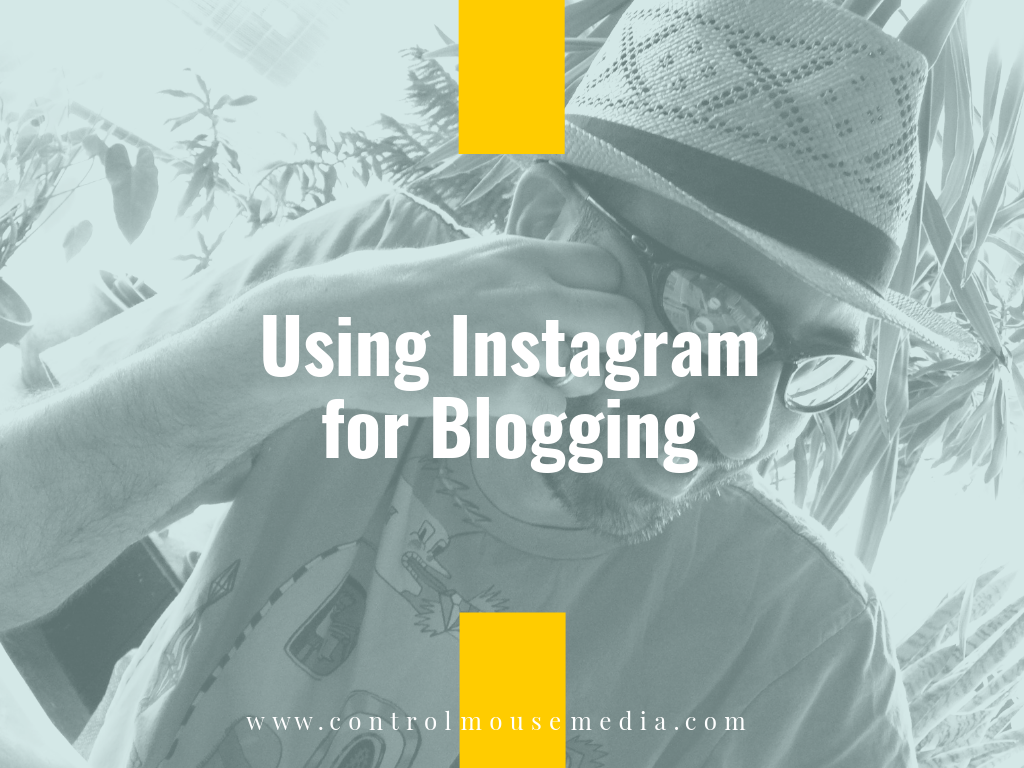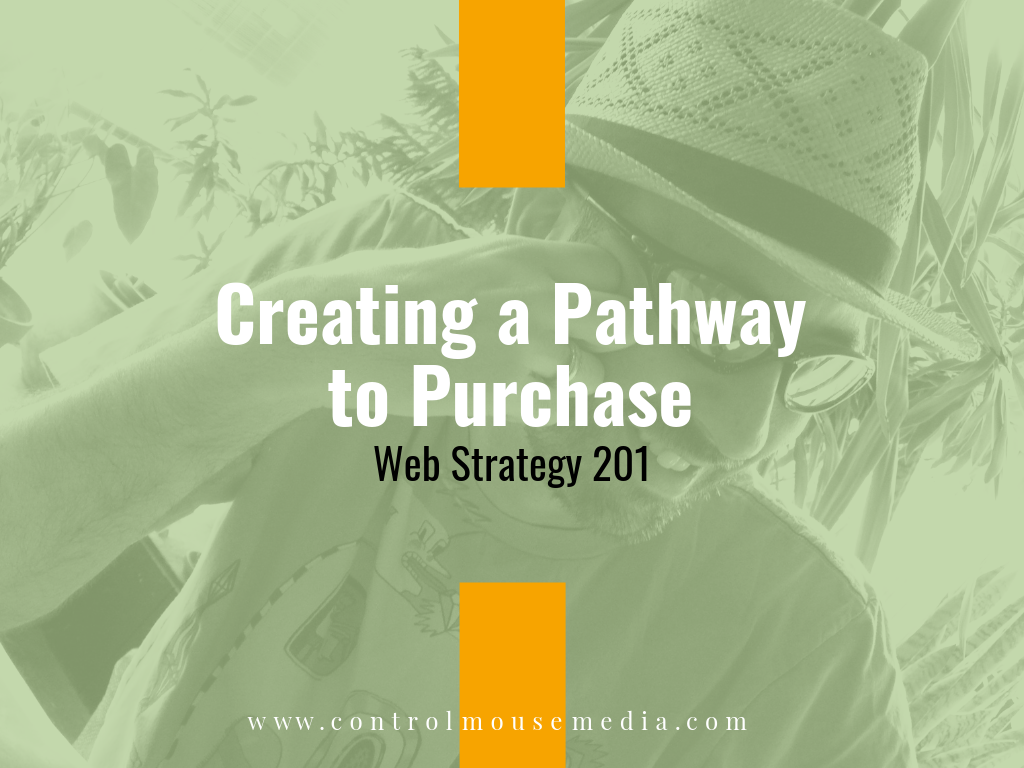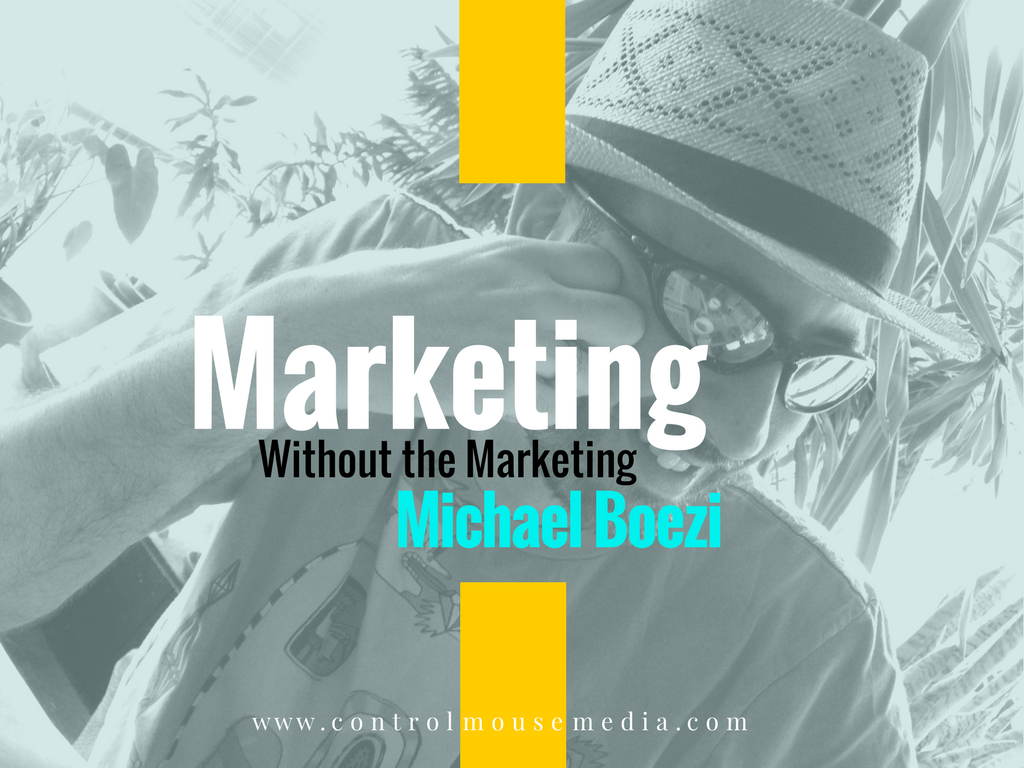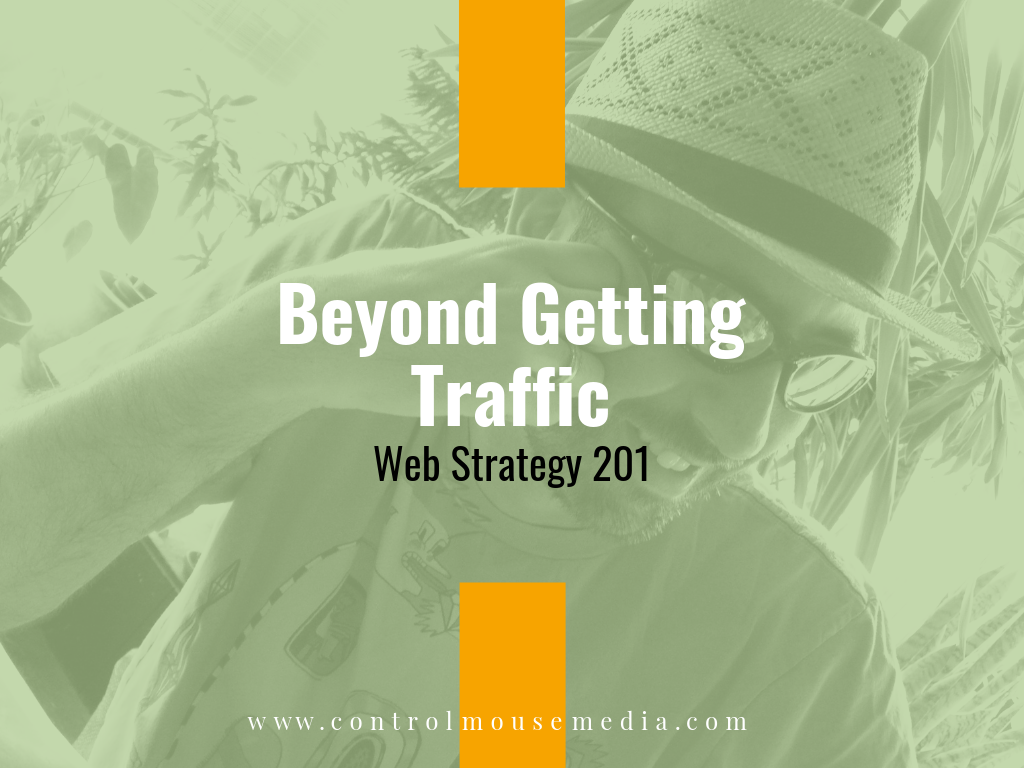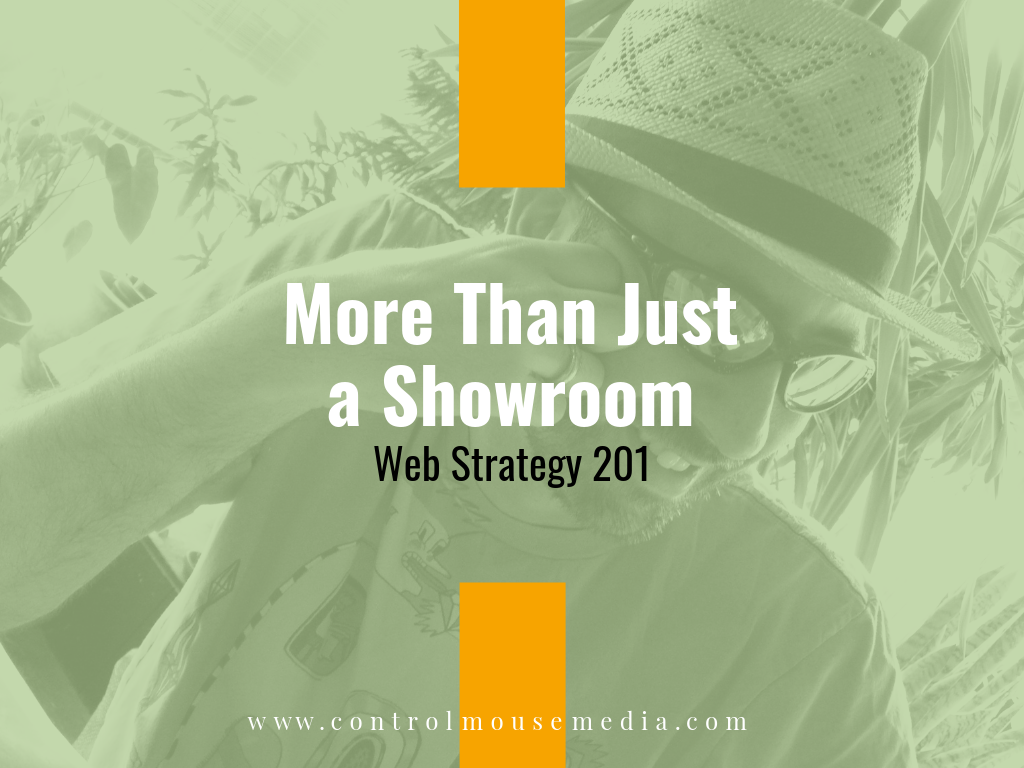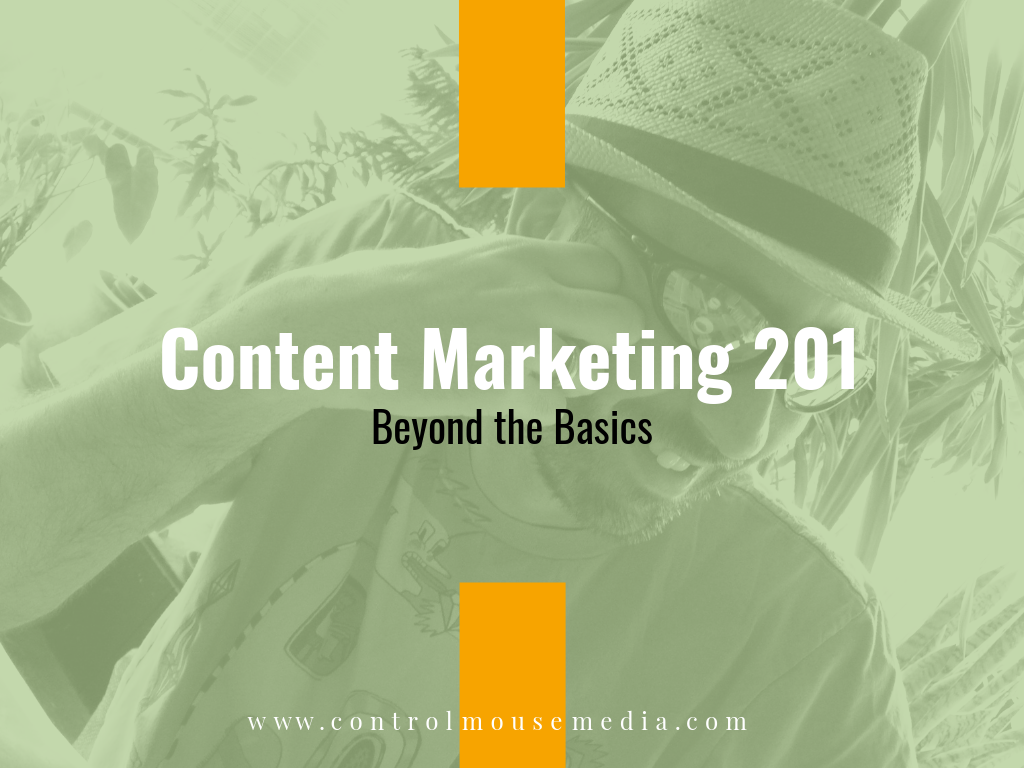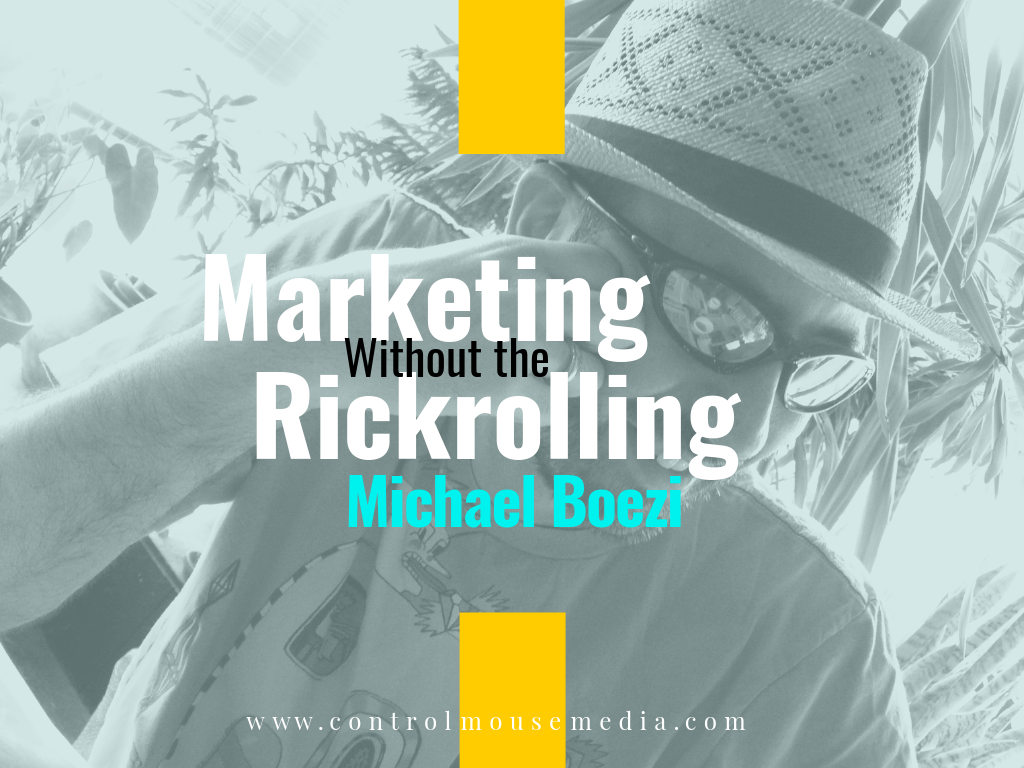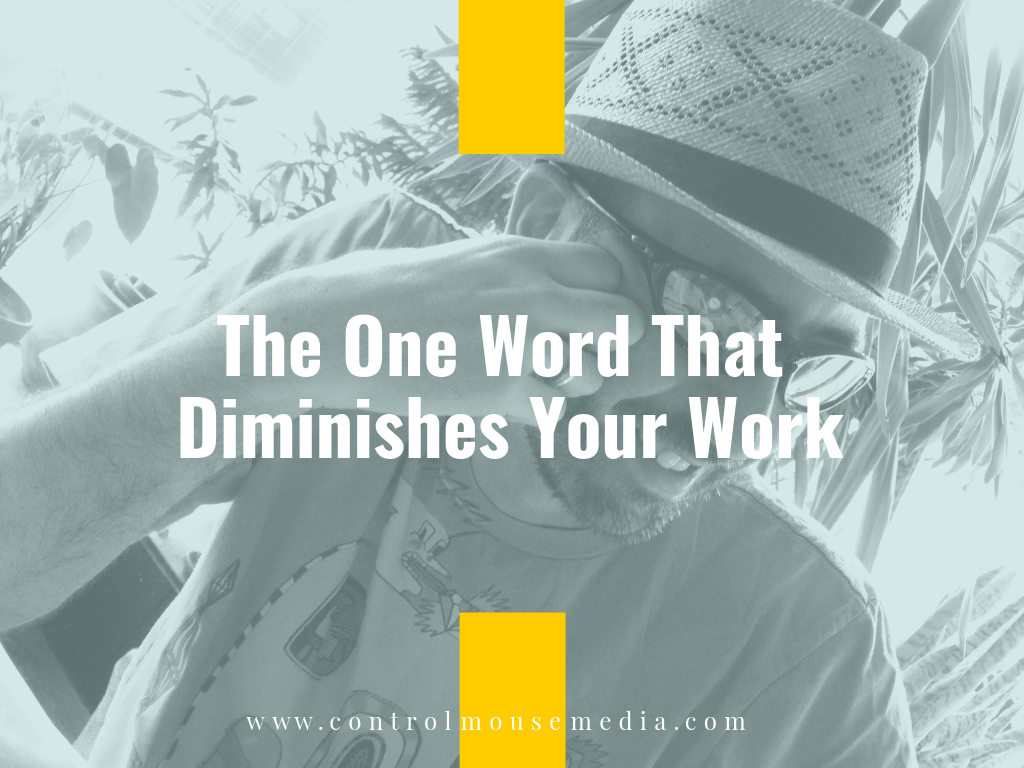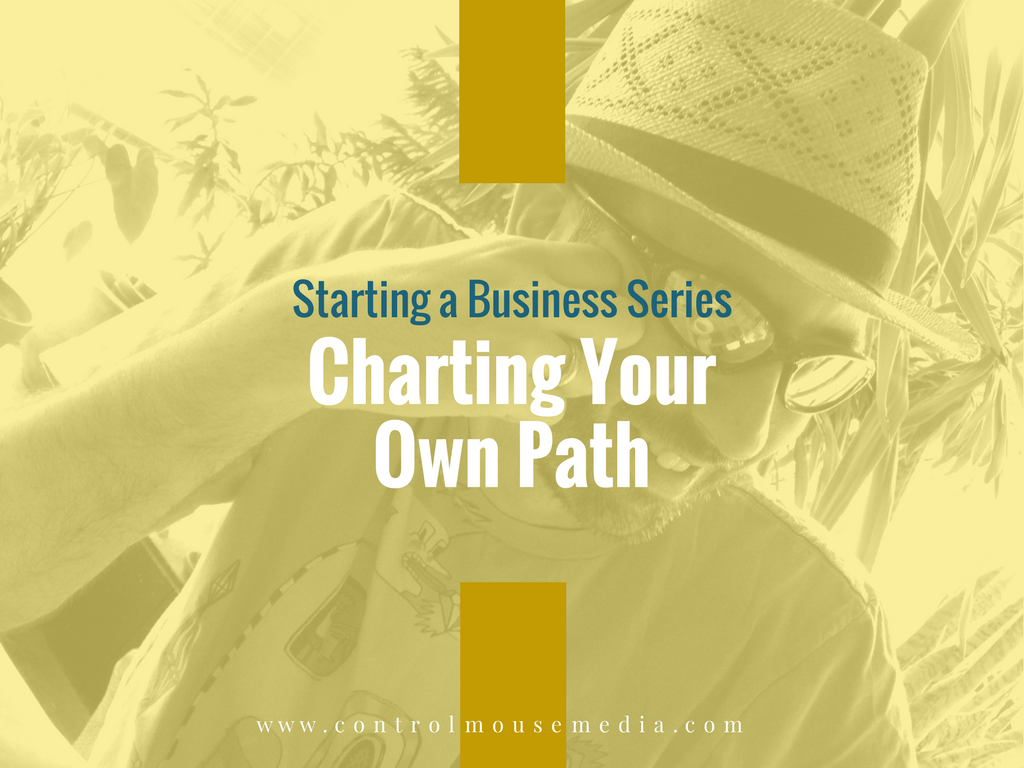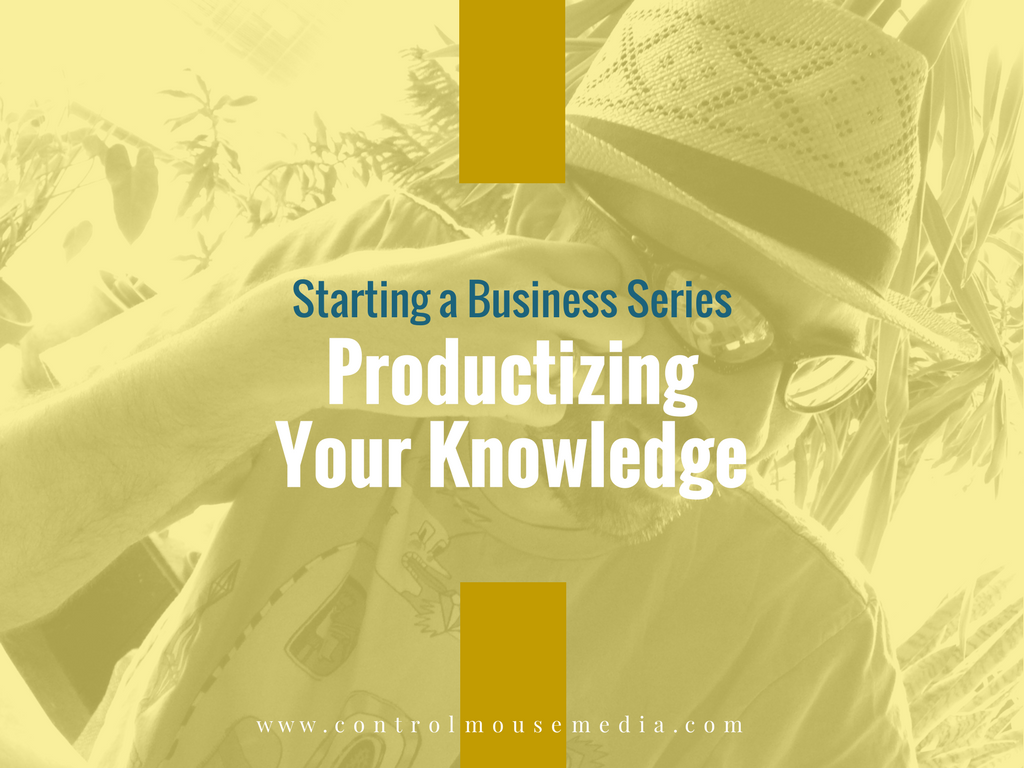A recent article in the New York Times showcased some high-profile influencers and celebrities using Instagram for blogging. It begs the question: With people connecting on mega-platforms like Instagram, LinkedIn, and Twitter – is blogging still worth it? Could Instagram ever replace blogging?
Creating a Pathway to Purchase: Web Strategy 201
What happens when a visitor arrives at your site? Do you have a pathway set up to guide them from that first visit through dozens of points of contact until they become a customer? If this isn’t all set up in advance – Web, blog, social, email, and online store – there’s little point in getting traffic to your site.
Google Plus Is Shutting Down: What You Need to Know
Beyond Getting Traffic: Web Strategy 201
More Than Just a Showroom: Web Strategy 201
Content Marketing 201: Beyond the Basics
The Internet Is One Big Rickroll Now
The promise of the Internet has been ruined by advertising. There is no article you can read, video you can view, or social feed you can scroll through without being interrupted by some advertiser’s desperate attempt to steal your attention. Every time I experience this, I feel like I’ve been Rickrolled.
The One Word That Diminishes Your Work
People don’t mean to diminish your work, but that’s exactly what they are doing when they use this one insidious little word. It undervalues your expertise and experience by making it sound simple – as a way to sell you on doing something, paying you less than you’re worth, or not paying you at all.
Build, Connect, Optimize: The Three Stages of Good Marketing
SEO and the User Pathway
SEO Is More Than Keywords
SEO: Write for Humans First, Robots Second
Google’s Web crawlers are assessing your website with every interaction. Are people getting what they need from your site? It turns out that when it comes to SEO, what’s good for humans is good for robots. Let’s look at some of the biggest factors that affect your ranking and how they are in tune with the human side of marketing.
SEO: Understanding the Google Algorithm
SEO Is About Serving People (not Google)
People are at the heart of your SEO efforts. So let’s look past the keywords, page rank, and site traffic for a second and focus on the real point of SEO – connecting with your potential customers. SEO is about building the apparatus to find the people who are already out there asking for your help – and the pathway to deliver that help.
SEO Is a Key Part of Any Marketing Strategy
SEO helps you tackle one of the most difficult parts of any business – finding new potential customers. What’s more is that Google will help you do this for free. Episode 135 is an overview of why it’s worth the effort to learn even just a little bit of SEO so you can take advantage of its marketing power.
What Is SEO and How to Unlock Its Power
Teaching is how we form a connection with a future customer. SEO is simply a signal that someone wants to learn – with a distinct data “signature” that offers clues about what they want to know. From there, it’s up to us to use that data to put ourselves in the best position to answer that question. Episode 134 is an overview of how to do that.
SEO: A Different Approach
SEO is one of the most important factors in any marketing strategy, so it’s worth the effort to learn the basics. It doesn’t have to be complicated, and anyone can learn it. Episode 133 is an introduction to my approach to SEO, and the start of a new series to teach you all the nuances of a good, sound SEO strategy.
The Power of Zero
Charting Your Own Path
Productizing Your Knowledge
If your business involves teaching or training, then you are in a good position to create “knowledge products” out of your expertise. Whether you sell these “outputs” or use them for customer acquisition, a little planning up front can help you work towards something bigger in your content strategy.
